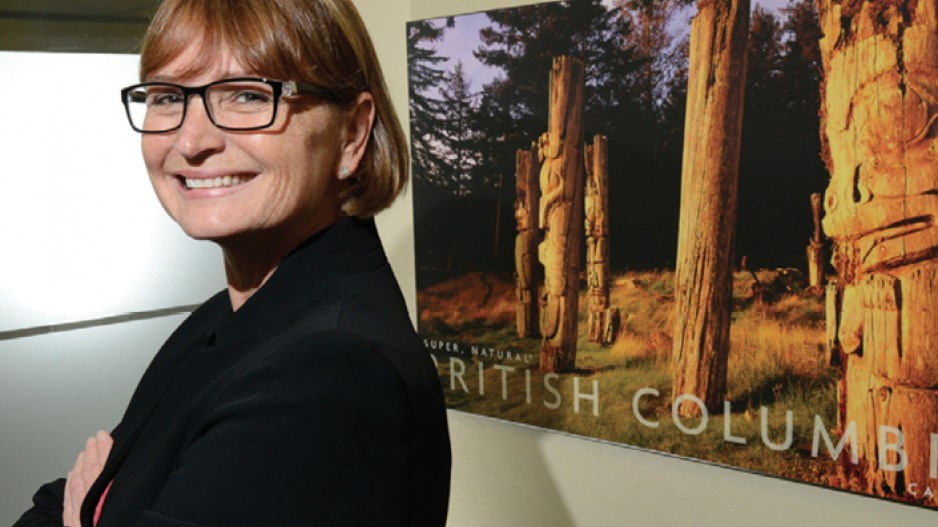Federal government budget slashing at the Vancouver-based Canadian Tourism Commission (CTC) is drawing international condemnation and changing the way other tourism organizations in B.C. do business.
The World Travel and Tourism Council (WTTC) released a damning report last month that criticized Ottawa for cutting CTC funding.
The CTC’s budget shrank to $58 million in 2014. That’s down from a high of $105.9 million in 2009 and follows successive chopping to $75.8 million in 2012 and $61.4 million in 2013.
Cuts have forced the CTC to lay off staff, withdraw from marketing in the U.S. and reduce its international presence.
The CTC employed 164 full-time staff in 2010. Today the organization’s number of full-time equivalent workers is 103.5, according to CTC spokeswoman Margaret Nevin.
CTC’s CEO, Greg Klassen, was unavailable for an interview. Former CTC CEO Michele McKenzie, however, told Business in Vancouver last year that funding cuts hurt the Canadian economy because each dollar that the CTC spends adds $40 to the economy.
Tourism Minister Maxime Bernier’s spokesman, Scott French, however, defended the cuts as part of a government-wide approach to control spending and be more efficient.
“Following the Olympics, many governments have probably created budgets that are a little more in line with normal expenditure levels,” said Destination British Columbia CEO Marsha Walden
Her year-old tourism destination marketing organization has a $52.4 million budget including $48.9 million in provincial government transfers.
Provincial funding for the former Tourism BC topped $90 million in the 2009-’10 fiscal year, although that included $38.6 million in one-time funding for the Olympics.
Walden, who has led the organization since November, said her goal is to shift Destination BC’s spending toward marketing and trade-related activities and away from general administration.
Since the CTC stopped marketing Canada in the U.S., provincial tourism marketing associations have stepped in to fill the void. Walden said Destination BC will unveil new marketing initiatives in the U.S. in April.
“What’s crucial to organizations such as mine, and perhaps the CTC, is that we have a source of stable funding so that we can make investments in certain marketplaces and be able to sustain the relationships that we’ve built,” she said.
NDP tourism critic Lana Popham agreed with Walden that spending should nurture long-term relationships. This is why Destination BC should have a designated Olympics strategy – something currently lacking, she added.
Over at Tourism Vancouver, about 80% of its forecast $13.6 million budget in 2014 comes directly from a 2% hotel tax levied in the city of Vancouver. As such, Tourism Vancouver’s budget fluctuates depending on how many visitors come to the city. It is reliable funding, however, and in the last few years the budget has slightly risen.
Remaining funding for Tourism Vancouver comes from membership fees, sponsorships and other internal activities, said its CFO, Ted Lee.
WTTC noted in its report that travel and tourism comprised only 4.5% of Canada’s gross domestic product (GDP) in 2013.
In contrast, global travel and tourism comprised 9.5% of the world economy in 2013, according to the report.
Of the 187 countries that the WTTC examined, only 25 had a lower slice of GDP attributable to travel and tourism economic activity.




